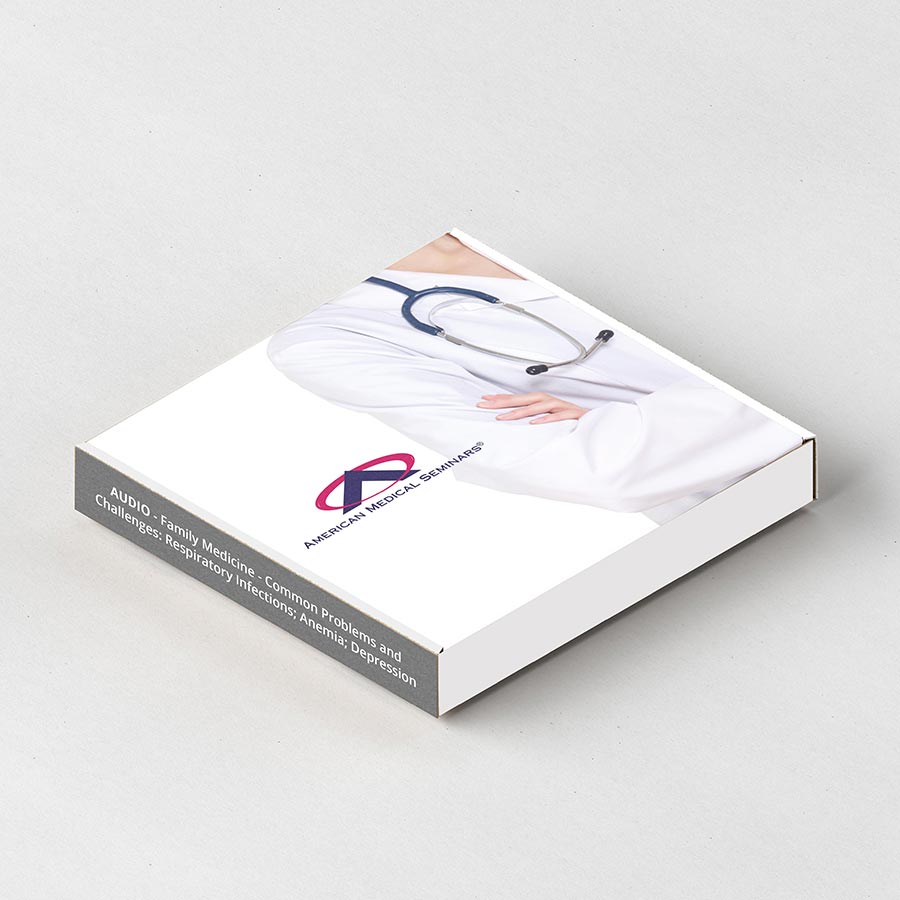Product Description
Title: Family Medicine – Geriatrics: Falls/Urinary Incontinence; Depression; Infections
Faculty: Gary H. Oberlender, M.D., F.A.C.P.
Original Release Date: July 1, 2018 Expiration Date: July 1, 2021
TOPIC 1: A Practical Approach to Falls and Urinary Incontinence in the Elderly.
Upon completion of this session, the participant should be able to: EBM, GL, COMP
- Integrate the concept of multifactorial causes underlying falls and employ the American Geriatrics Society Guidelines for the Prevention of Falls and urinary incontinence in seniors.
- Develop a full assessment approach to evaluate different causes, using detailed physical examination and functional performance evaluations.
- Differentiate the effects of normal aging from pathologic processes and adverse drug effects as risk factors for falls and incontinence.
- Apply NIH guidelines to formulate a preventative and therapeutic plan of care.
TOPIC 2: Geriatric Depression: Advances in Diagnosis and Treatment.
Upon completion of this session, the participant should be able to: EBM, COMP
- Differentiate the variety of clinical presentations of depressive disorders in seniors.
- Appraise the utility of, and plan to use, the Geriatric Depression Scale.
- Apply an evidence based approach to antidepressant drug therapy in seniors.
- Apply the evidence based recommendations for use of non-drug antidepressant therapy.
TOPIC 3: Sensible Approaches to Geriatric Infections.
Upon completion of this session, the participant should be able to: EBM, COMP
- Recognize atypical presentations of infectious illness in the elderly.
- Differentiate the causes of pneumonia and UTI in seniors.
- Specify an evidence based approach to appropriate antibiotic usage.
- Appraise evidence based considerations in emerging antibiotic resistance.
- Apply evidence based options in the prevention and treatment of C. difficile illness in seniors.
- The receipt for any incentive-associated purchase will designate the value of the gift card separately from the cost of the learning activity.
- This incentive may have implications on your tax reporting obligations. Any reimbursed amount must be declared as personal income for tax purposes.


